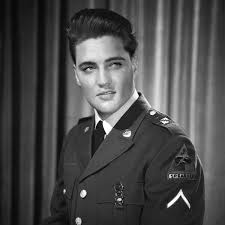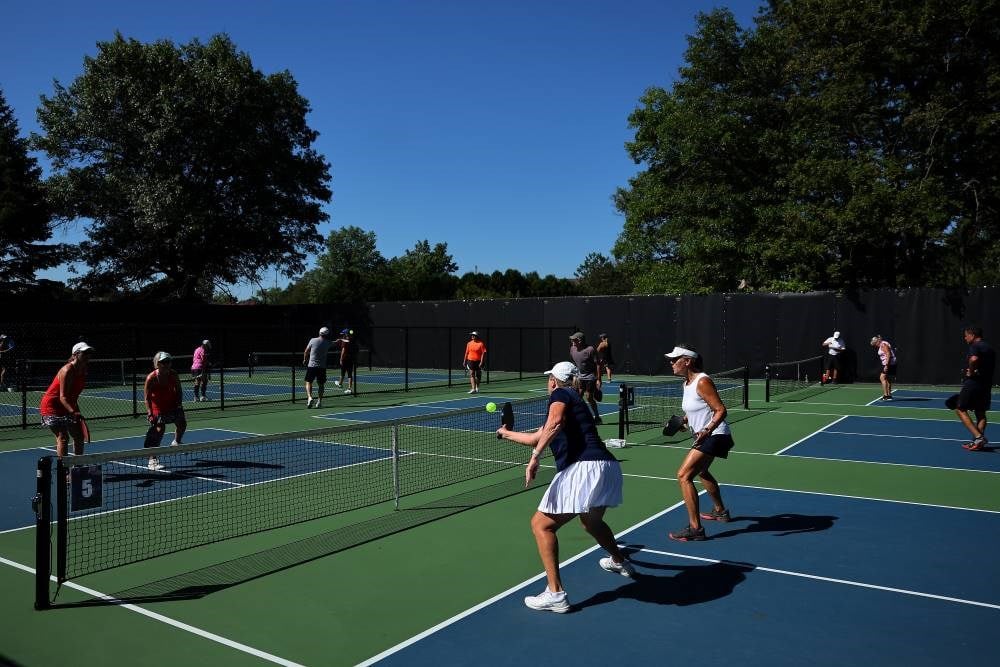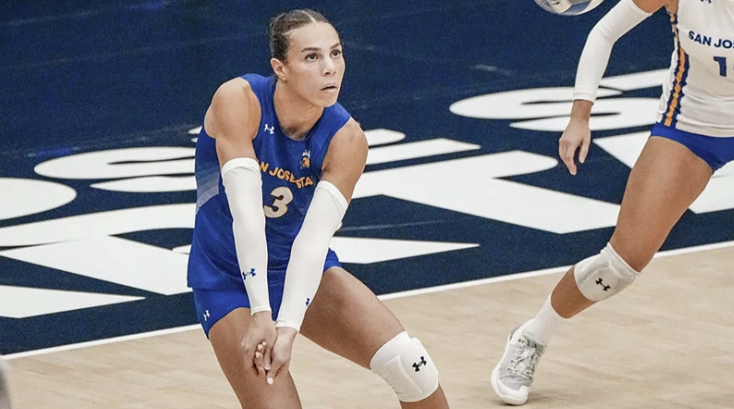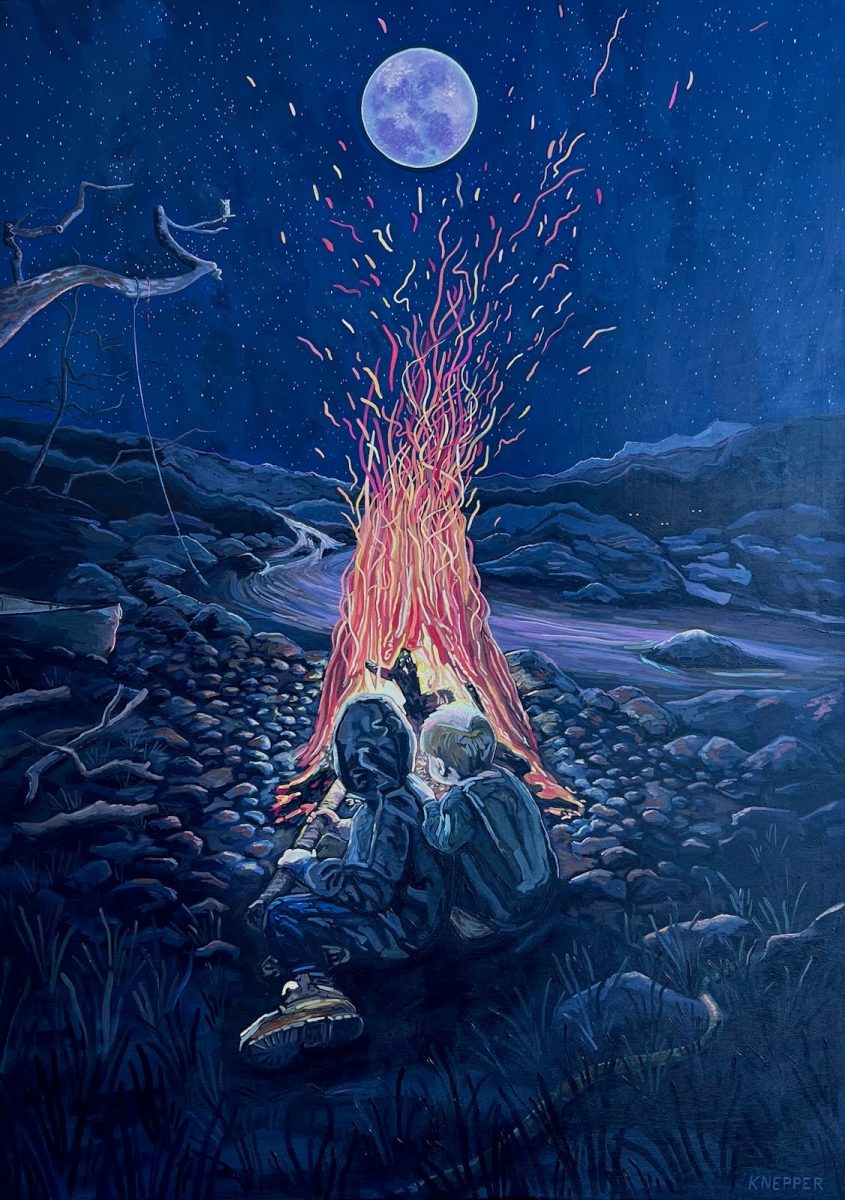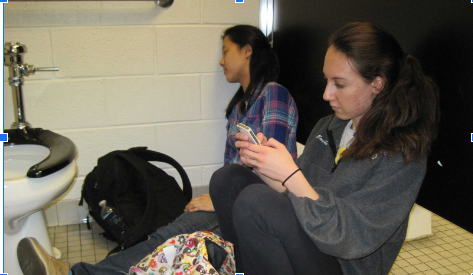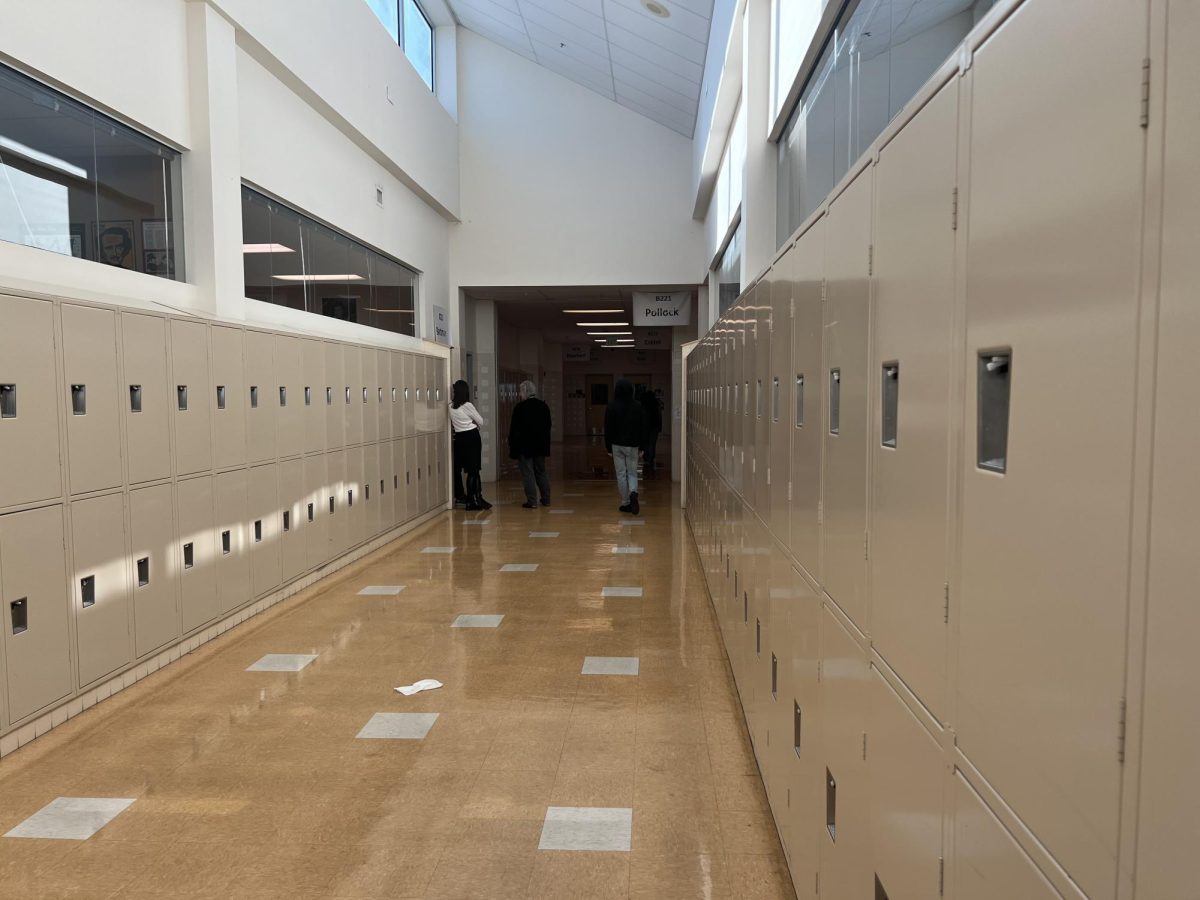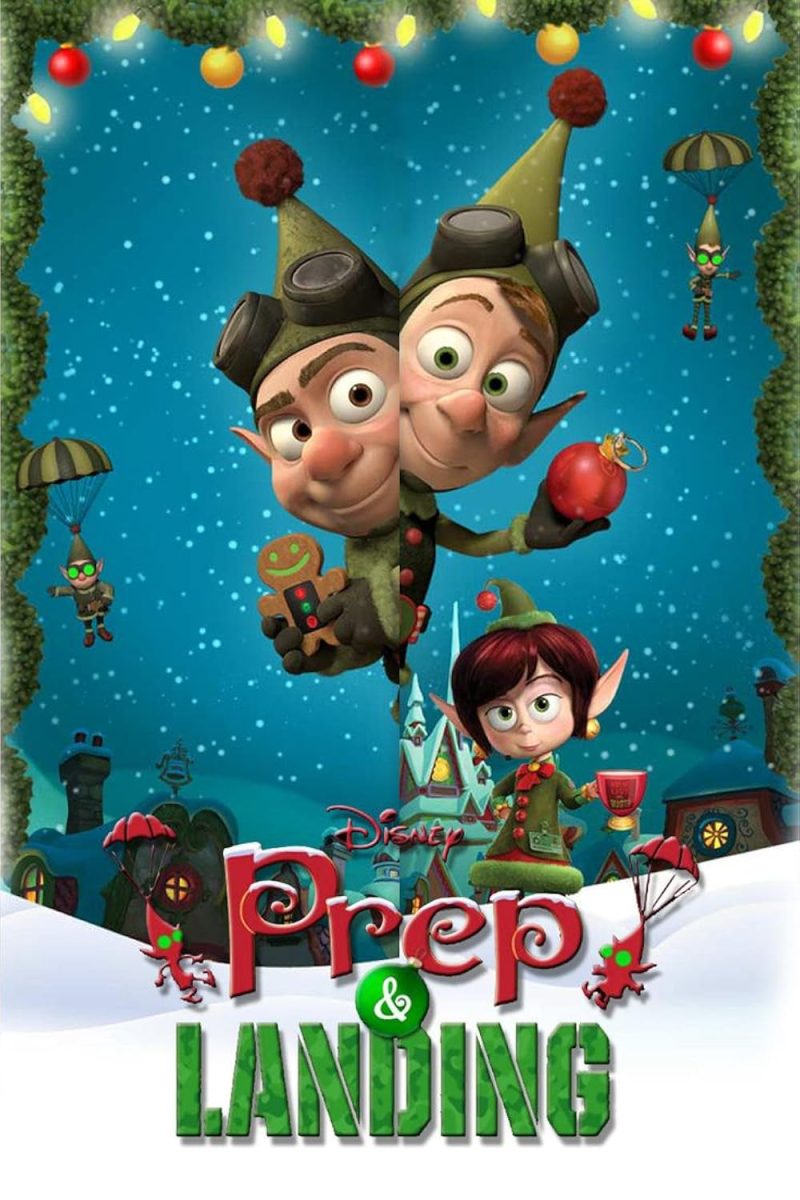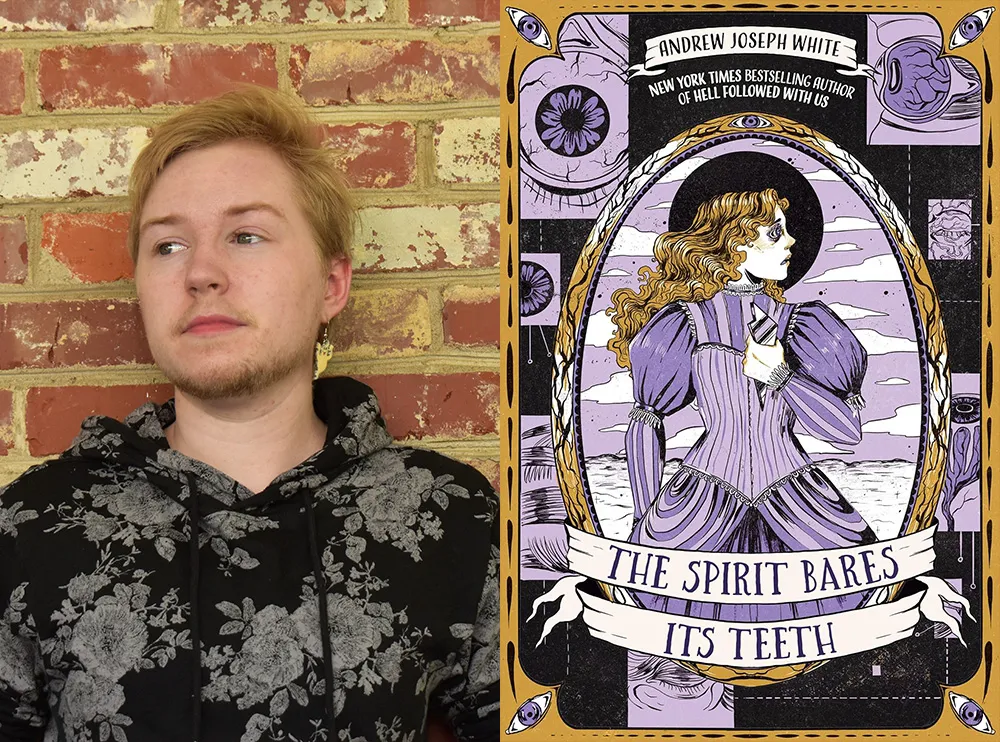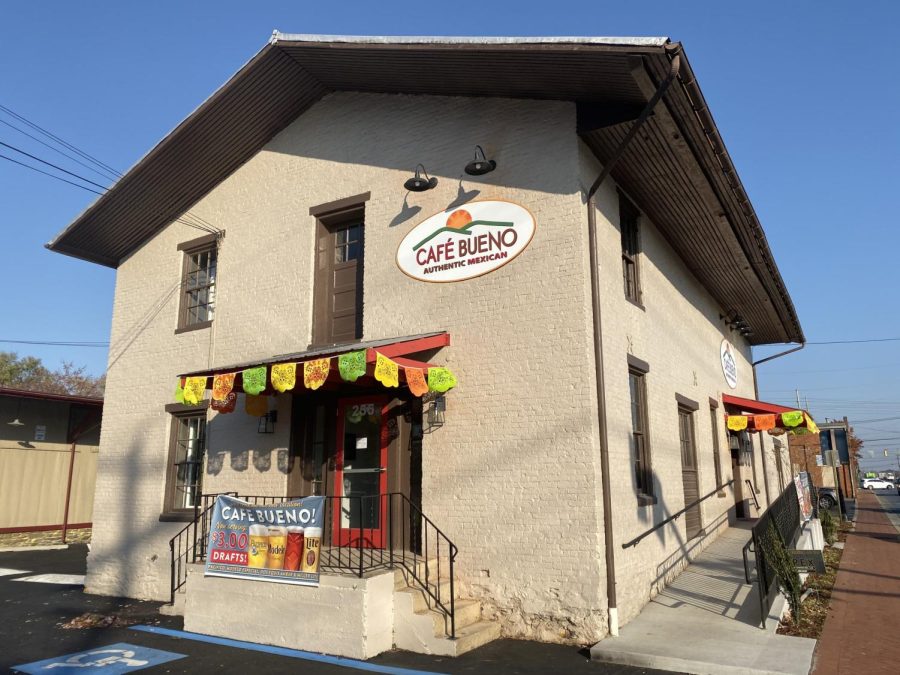Ms. Moore’s Advice to More Performances

September 19, 2022
Tuscarora’s drama and dance department would not be where it is today without Ms. Katie Moore, four year teacher at Tuscarora High School. She started the school’s Titanette dance team and brought life back to the performance art department. Ms. Moore teaches subjects including introduction to theater to advanced theater, beginner to advanced dance, technical theater, and more. She co-directs the school plays and musicals, along with Mr. Terrence Moore, music teacher, as well as directing and choreographing drama and dance showcases.
Balancing her time between all of these responsibilities, as well as performing in shows outside of the school is a difficult job, but Ms. Moore takes each task one at a time by looking at what is in front of her and making lists of what she needs to accomplish. She states that even though these responsibilities are important, focusing on her mental health is the priority. As she said, “If I’m not being successful for myself, then I’m no good to anybody else.”
Being an experienced teacher and performer, she has advice for students who have similar, or even drastically different aspirations, as performance arts can come in handy with a wide variety of life skills. Performing arts is not only a fun extracurricular activity, it also provides an educational experience for students and teaches them an extensive amount of life skills. These skills include memorization, reading and analyzing, clear communication, creativity, public speaking, teamwork, listening, problem solving, time management and confidence.
“Everything about the performing arts benefit students in any career they chose to go into,” Ms. Moore explained. The theater experience allows performers to “express [them]selves in different ways… we spend so much time thinking about ‘success’, sometimes we don’t slow down enough to really think about how we feel and function in certain situations… We address these certain situations through made-up examples that help us process things and allow us to think about different ways to deal with situations.”
Ms. Moore grew up around performers, as her parents met at a dinner theater, which she stayed actively involved in for years to come. She says that theater was her “sense of family and sense of community,” and it “made [her] who [she] is today.” She describes theater as something that has “always been important” to her and that has “always played a huge passion in [her] life.”
Ms. Moore says that she “Finds so much value in teaching,” as she is preparing students for the real world, both in and out of the performing arts. Teaching was originally her short-term goal, but after long-term substitute teaching, she fell in love with “seeing growth” in the students, as it “Gives [her] a huge sense of pride, watching them grow in their performance abilities and putting awesome performances on stage.”
Her advice for students who want to pursue acting, dance, or anything in the performing arts is to “Be prepared for rejection, because it is a part of the career. Also learn not to get discouraged from rejection because it is an aspect that you have to be okay with. They always say you’re going to get 100 nos before you get one yes… [She] firmly believes that this industry is not necessarily driven by the people who are the most talented, it’s the people who work the hardest, the people who are willing to put themselves out there. You’re going to have to show up a lot. There are going to be a lot of times you are going to be disappointed, but if you feel it’s what you’re supposed to do, then you should go at it. If you are not getting work right away, find opportunities. Find ways to put yourself and involve yourself in the industry. [She] thinks it’s a really good thing to not only skill yourself in performance if that’s what you choose to go into, but also skill yourself in other aspects. So skill yourself in technical theater, skill yourself in directing, skill yourself in sales management because if you’re not getting where you want to get directly through performance, then you can insert yourself into the scenario, the scene, the situations, and learn from being a technician, or being somebody who works the front of house, or being an usher. Also find your community. There is a community out there who are highly supportive and just as passionate as you. Take lessons, classes and experiences from as many people as possible because everybody has different ideas on how to be successful in this industry… Don’t be afraid to try things.”

